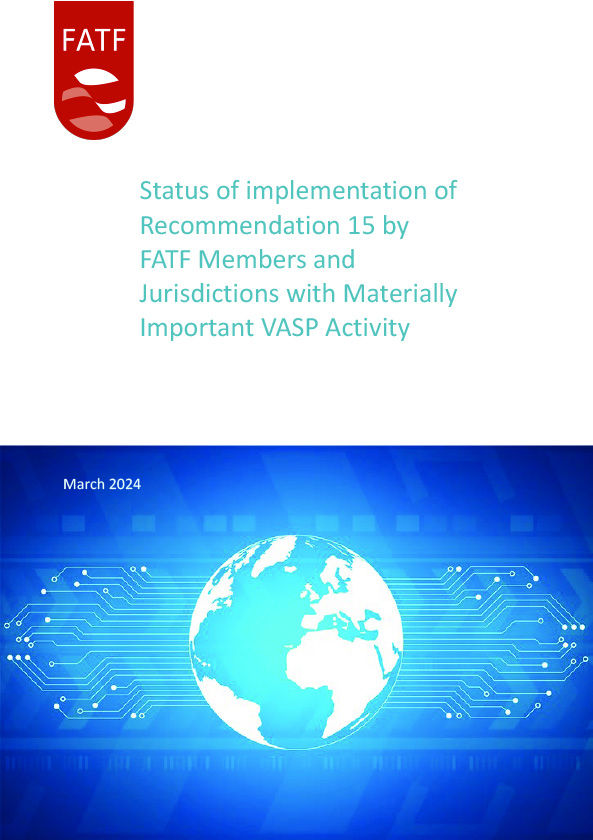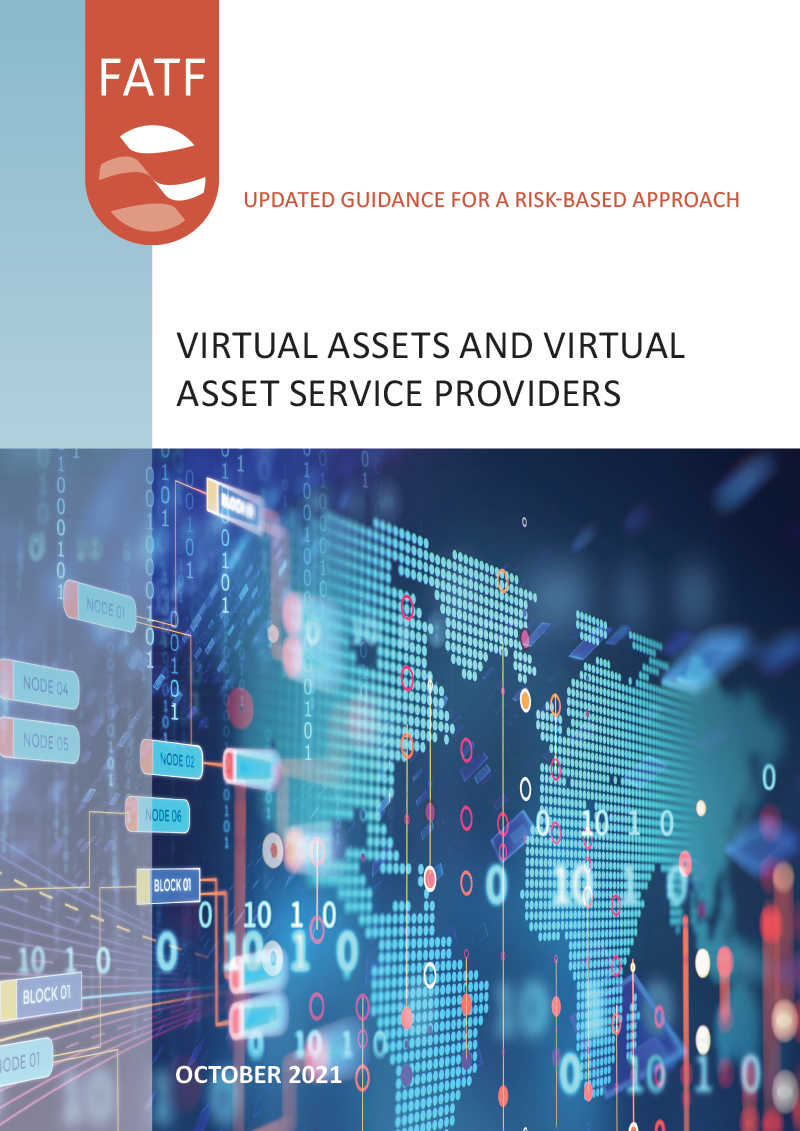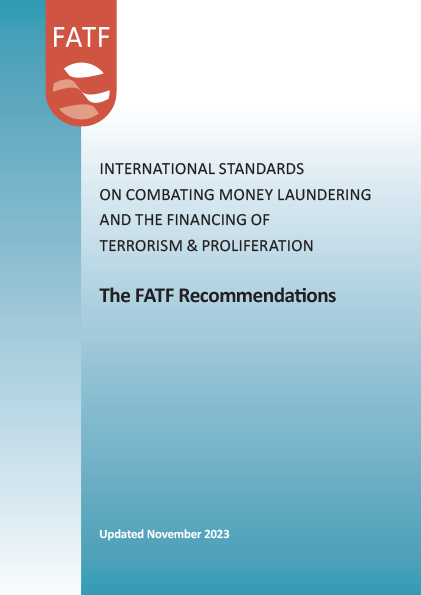Virtual assets are inherently international and borderless, meaning a failure to regulate VASPs in one jurisdiction can have serious global implications. This is particularly concerning given emerging trends in this space. Recent reports raise serious concerns about the Democratic Peoples Republic of Korea’s (DPRK) theft and laundering of hundreds of millions of dollars’ worth of virtual assets for financing the proliferation of weapons of mass destruction, enabling an unprecedented number of recent launches of ballistic missiles. Ransomware incidents have grown significantly in recent years, and ransomware payments are almost exclusively demanded in virtual assets . Although the increase in ransomware incidents was reported to slow down in 2023, the situation remains a serious concern. Terrorist groups, including ISIL, Al Qaeda and their affiliates, as well as ethnically or racially motivated terrorist entities, are also known to be increasingly using virtual assets to raise and move funds globally .
In October 2018, the FATF strengthened its R.15 to address virtual assets and VASPs. The table below shows the steps FATF members and FSRB jurisdictions with materially important VASP activity have taken to implement the FATF Standards in relation to regulating and supervising VASPs. The purposes of this table are to enable the FATF network to best support these jurisdictions in regulating and supervising VASPs for AML/CFT purposes and to encourage jurisdictions with materially important VASP activity to fully implement Recommendation 15 in a timely manner. This table also seeks to help supervisors/regulators and the private sector around the globe discern the status of implementation of R.15 by jurisdictions with materially important VASP activity. The publication of this table is endorsed by the G20, Financial Stability Board (FSB), and other policy forums and international organisations.
The focus on FATF members reflects the importance for them to take a leading role on AML/CFT and on those with materially important VASP activity reflects a risk-based approach to addressing the inherent risks of services, products, and customers. This approach aims to address the global nature and risks inherently posed by virtual assets while recognising that jurisdictions should consider all AML/CFT risks and regulatory gaps in their individual jurisdictions. Jurisdictions should thus prioritise implementing the FATF standards for virtual assets based on such risks.





 Twitter
Twitter
 Facebook
Facebook
 Instagram
Instagram
 Linkedin
Linkedin
